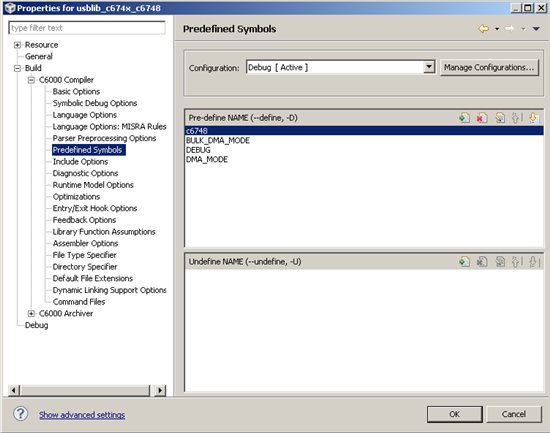Hello,
customer claimed that the data throughput of the USB is very slow.
GPIO_SET_DATA8=LITERAL_BIT_12;
USBBufferWrite(&s_sTxBuffer,&pOutDataBuffer[Offset],sc_uiBytesPerTxPacket);
GPIO_CLR_DATA8=LITERAL_BIT_12;
To transmit a 1024 byte packet it needs 550us (1.8 MBytes/s) over end point 2. It is the same when using USB1.1 or USB2.0.
The correct USB version is shown by the host PC. Are there some configuration in the g_pBulkDeviceDescriptor entry to speed up the data rate?
Regards
Holger


